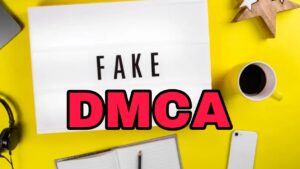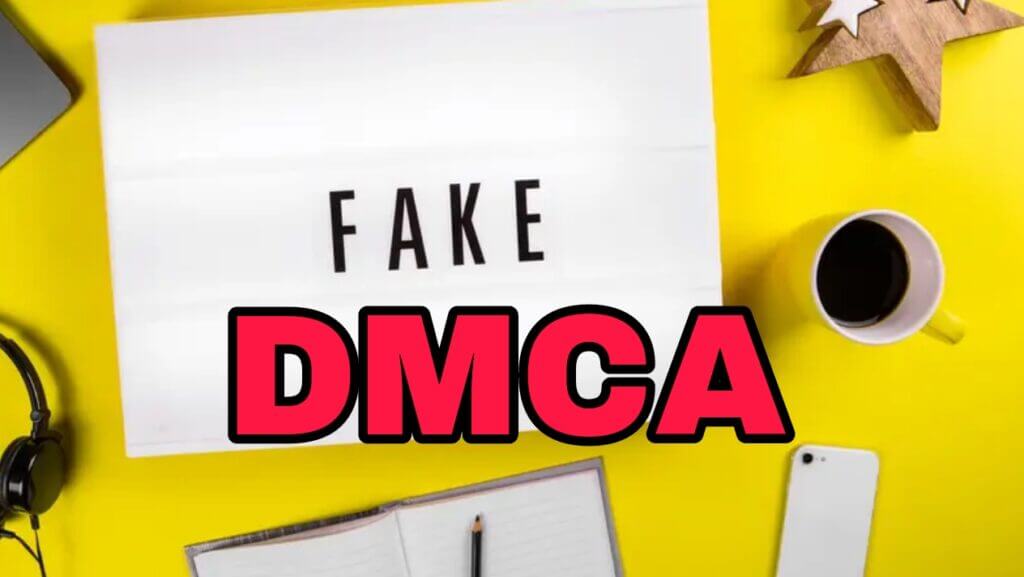How to Effectively Respond to Fake DMCA Takedown Notices
As a website owner, encountering a fake DMCA takedown notice can be both confusing and frustrating. Knowing how to respond appropriately is crucial to protect your content and rights. This guide provides step-by-step instructions on how to handle such situations effectively.

Step 1: Assess the Validity of the Takedown Notice
When you receive a DMCA takedown notice, first assess whether your content actually infringes on someone’s copyright. The notice could be a mistake or, worse, an attempt to unfairly remove your content. Key reasons for filing a counter-notice include your material not being covered by copyright, the copyrighted material belonging to someone other than the complaining party, or your usage falling under fair use
Step 2: Consider the Risks of a Counter-Notice
Before sending a counter-notice, think carefully about the implications. Filing a counter-notice under false pretenses can lead to legal consequences, including perjury. If the complaining party has a legitimate claim, your counter-notice could trigger a lawsuit
Step 3: Prepare Your Counter-Notice
A proper counter-notice must include your signature, contact details, identification of the removed material, a statement of belief under penalty of perjury that the material was wrongly removed, and your consent to federal court jurisdiction
Step 4: Understanding the Legal Backdrop
Be aware that Section 512(f) of the DMCA penalizes false claims in takedown notices and counter-notices. Knowingly misrepresenting in a counter-notice can lead to damages against you. Conversely, if the takedown notice is false, you may be entitled to damages
Step 5: Evaluate the Possibility of Legal Action
In cases of false or fraudulent DMCA notices, legal action is an option. To succeed in such a case, you must prove that the claim was made with actual knowledge of its falsehood. A landmark case, Rossi v. Motion Picture Association of America, demonstrates this principle in action
Step 6: Seek Professional Advice
If you’re unsure about the best course of action, consult with a legal professional specializing in intellectual property and DMCA matters. They can provide tailored advice based on your specific situation.


